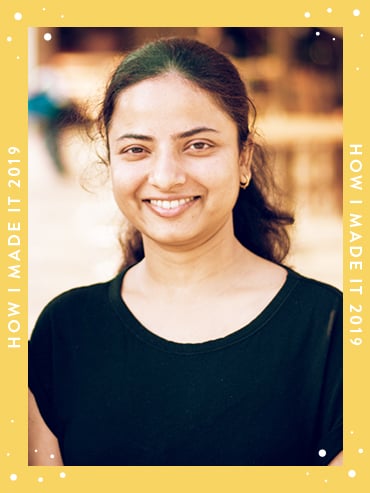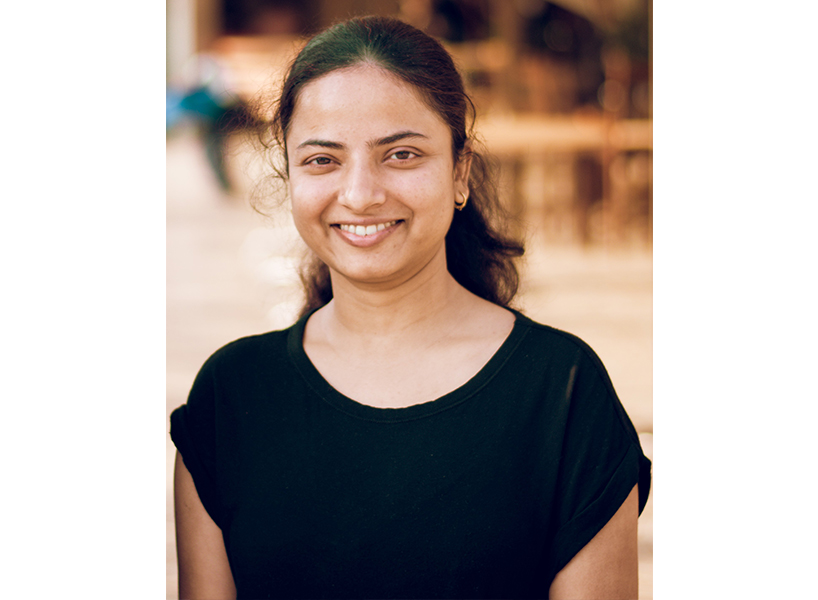This Biotech Lead Turns Food Waste Into Plastic One Bacterium at a Time
Vani Sankar on how she made it happen


Name: Vani Sankar
Job title: Biotechnology lead, Genecis
Age: 32
From: New Delhi, India
Currently lives in: Toronto
Education: BSc in biotechnology, MET College of Engineering; Master’s in biotechnology, VIT University; PhD in biotechnology, CSIR-NIIST
First job out of school: Lecturer at Shobhit University
Vani Sankar’s work is helping to save the planet. As a biotechnology lead at bioplastics company Genecis, her job is to give bacteria the right conditions to thrive, eat food waste and then convert that waste into plastic. Lots of bio nerds would kill for her job, and the journey there has been an uphill battle to say the least.
Sankar always knew she wanted to work in science, having been a curious kid who would remove parts of her toys to see how they worked. The biotechnology part happened when she began studying microbes in high school and became fascinated by bacteria’s potential to improve quality of life. She completed her degrees in India and came to Toronto for a post-doctoral fellowship, but the ride wasn’t picture perfect—it was extremely difficult for Sankar to integrate into the Canadian workforce and adjust.
“People have a bias against immigrants or anyone who has international degrees,” she says. “So it was really challenging for me to convince them that I have all the right technical skills.” Being shy, she struggled to network and make the right contacts and even did third-party collections—“the worst job ever”—before getting her foot in the door. But through all the turbulence, her faith in her education and professional abilities never wavered.
While Canada’s STEM diversity still isn’t up to snuff, Sankar says the gap is even more worrisome in other countries. “It’s not only gender-based representation that’s critical,” she says. “We should have people from different ethnicities, different races, different social backgrounds—everyone at the same table to bring different perspectives to the industry.” Although she’s glad to note that she hasn’t personally encountered gender or race bias in her work here.
Sankar knows firsthand that it’s not easy to be a woman of colour in science, and she wants to see more young girls encouraged to pursue STEM careers. It was a U of T professor who first helped her enter the field in Canada when she didn’t think she could, and she tries to pay it forward by connecting people to her network, looking over their résumés and helping them get a leg up in their professions. “Of course, if it’s a woman, I do a little more,” she says. “I confess that.”
FLARE Archived Content
To see the original article, search for it on the Flare archive: https://flare.fashionmagazine.com








